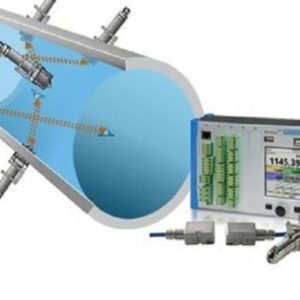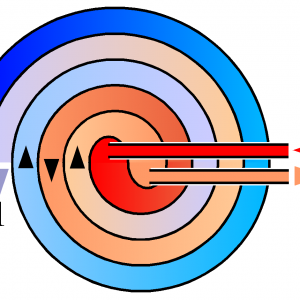E – 1642 Principles of HVDC Transmission
$100.00
Courses Included
The question that is frequently discussed is: “Why does anyone want to use D.C. transmission?” One reply is that electric losses are lower, but this is not true. Amount of losses is determined by the rating and size of chosen conductors. Both D.C. and A.C. conductors, either as transmission circuits or submarine cables can generate lower power losses but at increased cost since the bigger cross-sectional conductors will typically lead to lower power losses but will unfortunately cost more.
This course is suitable for engineers with a desire to understand the basic principles of HVDC transmission. Presented details cover issues related to technical implementation and exploitation of HVDC systems. Upon successful completion engineers will be able to address HVDC terms, basic arrangements (six pulse and twelve pulse), substation arrangements, operation and protection and voltage control.






